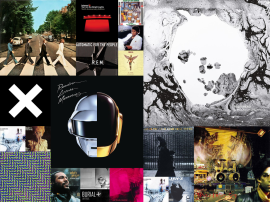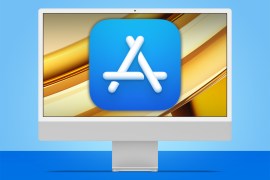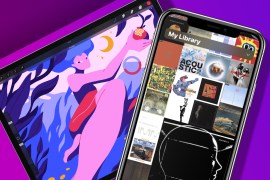A, B, C++, Dart, Erlang… The future of learning is in code
Coding is tomorrow's grammar – as important a transferrable skill as learning maths or English. Marc McLaren speaks to Decoded's Ali Blackwell to find out why…
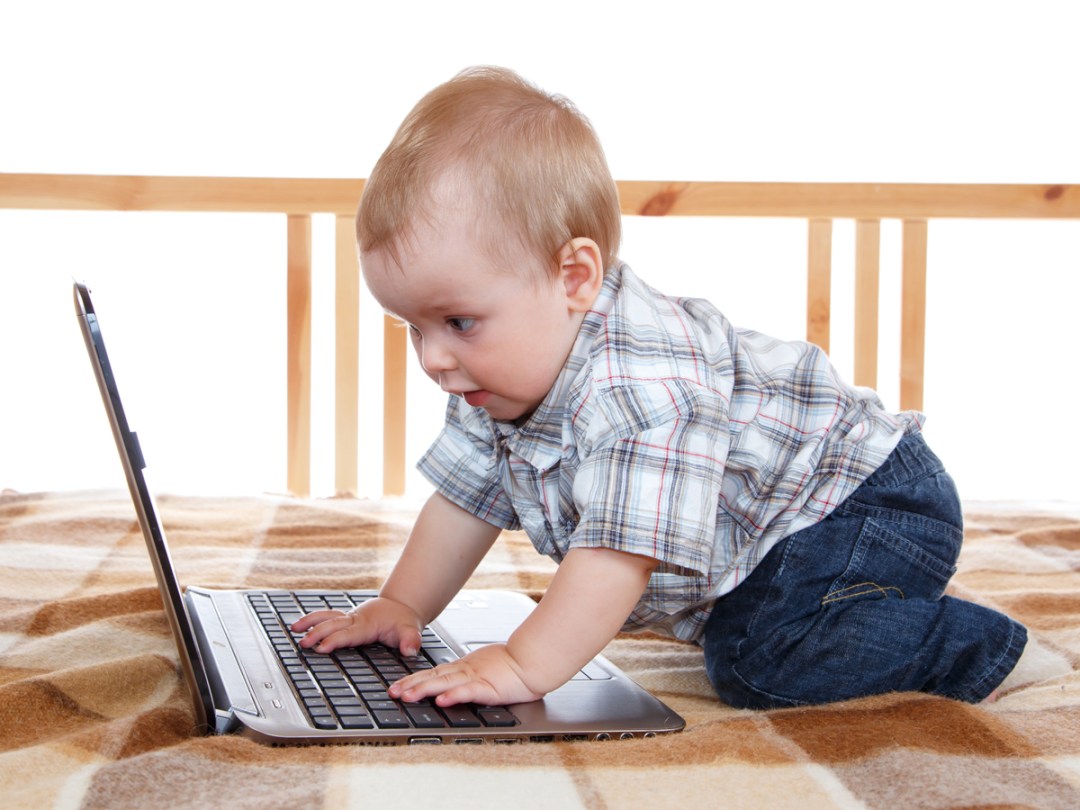
Last weekend, I spent an hour or so helping my twin daughters learn to read, write and do simple sums. Nothing unusual there – they’re four years old, have just started school, and are little human sponges right now, soaking up any wisdom I can give them.
And then I taught them how to code. Or rather, I showed them how to make a cartoon cat dance across a screen and meow by dragging instructions into a certain order. But hey, you’ve got to start somewhere.
Now four might sound a little young to prime for a life of hackathons and pizza binges, especially given their career ambitions right now amount to being a ballerina and a princess. But it’s actually in line with the government’s own strategy, which has seen the old information technology curriculum debugged and replaced by a new computing programme that includes coding lessons for kids as young as five.
READ MORE: How tech is shaping the future of stories
It doesn’t have to be hard
Ali Blackwell is Head of Innovation at Decoded and one of the brains behind the Playto.io platform that aims to make it easy for anyone to code. And he’s in no doubt about the value of the new strategy.
“Technology is changing the world in every conceivable way,” he says. “To create and harness technology, some people need to be able to write software. And at a universal level, the way programmers solve problems – sometimes called Computational Thinking – is a vital skill in all walks of life, whether we’re writing code ourselves or not.
“The only surprise is that it’s taken them so long. Coding not being in school before was like not teaching people to read for 20 years after the printing press was invented – madness!”
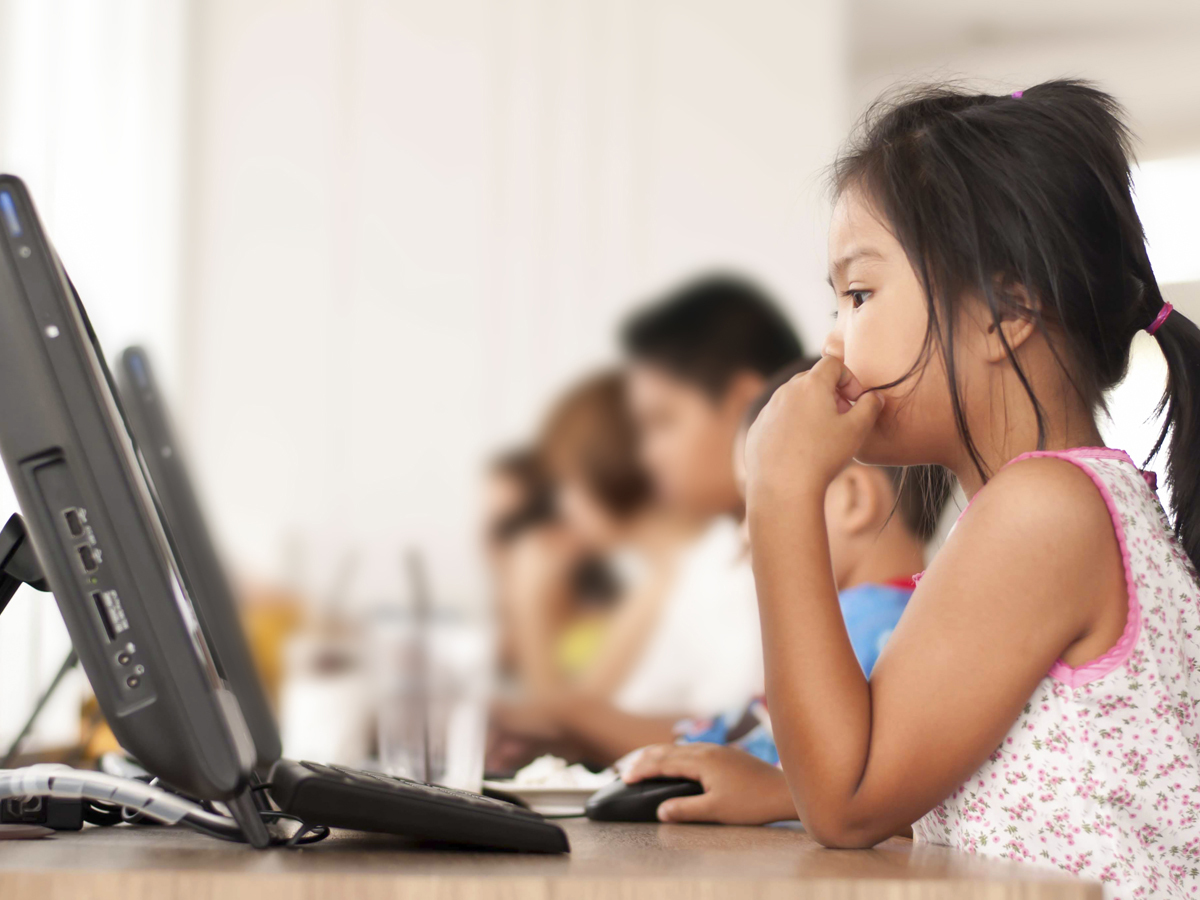
Admittedly, my kids aren’t going to be bringing home Javascript manuals alongside their Clarice Bean books just yet. Instead, they’ll be introduced to programming concepts by stealth. Teachers will encourage them to create recipes, for instance, then amend them if they go wrong – a process which equates to that of writing and debugging code. They’ll also learn logical thinking and, as they get older, start coding for real. By 11, they’ll be using two or more programming languages. Which is already two more than I know.
Blackwell agrees that this strategy is one which should bear fruit: “As soon as children start learning to problem solve they can start learning Computational Thinking. It’s not thinking like a computer – it’s applying concepts like decomposition to every-day challenges in life. There are learning apps for babies that use this approach!”
Indeed, the web app I used to create my friendly green dancing cat is exactly the kind Blackwell’s referring to. Called Scratch, it’s a free project from those clever types at MIT. And it’s really rather good. The graphics are cutesy, the learning curve nice and shallow, the results certain to please any youngling. Your child won’t necessarily realise they’re learning the foundations of programming as they use it but it’ll get them thinking like a coder. Well, kind of. They’re probably too young to know about Daenerys Targaryen yet.
READ MORE NEW PERSPECTIVES: promoted
How your old junk became their new art
Coding for big kids too
Blackwell’s own Playto.io platform is a little more complex than Scratch, but it’s ideal for older children, with superbly clear tutorials that’ll take them through everything from their first dabblings with html to developing their own quiz app from scratch.
But don’t just leave the kids to it. If, like me, you’re of an age when IT lessons at school consisted of little more than 30 teenagers gathered around two computers running Minesweeper, chances are you’ve never learnt to code. Well, still not knowing how to code while living in the year 2014 is like being one of those Brits who moves to the Costa Del Sol and refuses to learn Spanish. And nobody wants to be one of them.
READ MORE: Video games are good for you
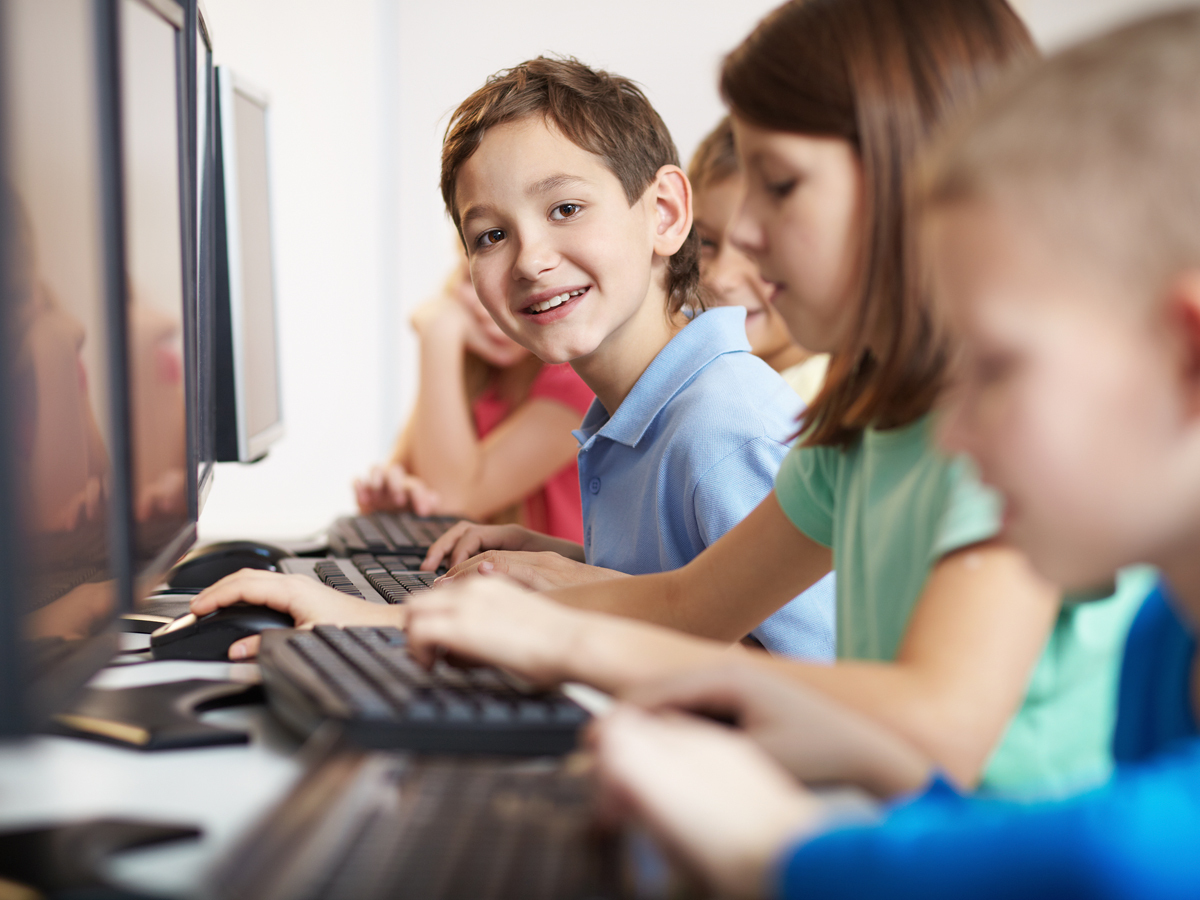
Even if you do think you’re too much of an old dog to learn any new tricks, you’ve got no excuse not to help prepare your children for life in a computer-dominated world. The likes of Scratch and Playto.io are just two of many, many resources out there, many of them free. Blackwell advises enrolling them (or yourself) in a Code Club or Coder Dojo, and checking out Code.org for a list of online resources for all ages.
Whatever you do, your kids are probably going to be more familiar with coding than you are. And that can only be a good thing. Most of them won’t end up being old-school computer programmers, but coding will be a skill that everyone – writer, designer, doctor, lawyer, plumber, builder, candlestick maker – will use at some level.

